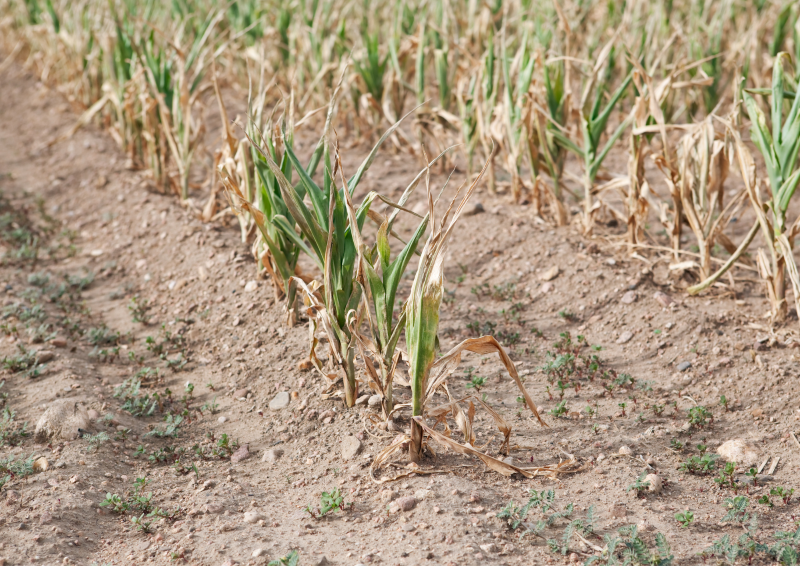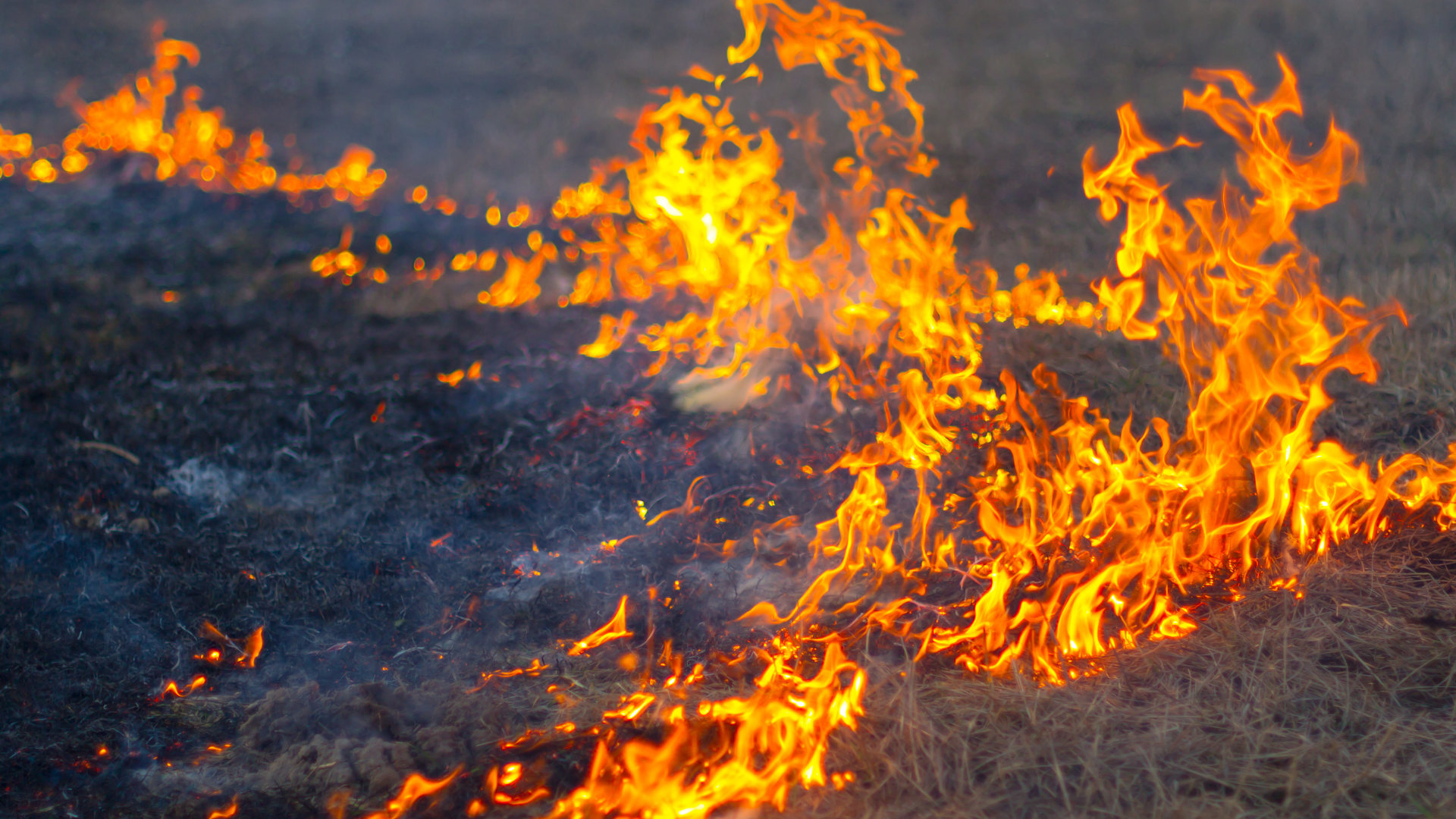The UK is exposed to a range of natural hazards from strong winds and storms, to flooding, wild fires, heatwaves and drought that can have a significant impact on human life, wildlife, the economy, the environment and our infrastructure.
These events won’t always happen separately, for example a storm could lead to a power cut, and a power cut could lead to a water outage.
Use the information provided to think about the impact some of these hazards and emergencies might have on your day-to-day life, and whether there’s anything you could do now that would make it easier for you to manage if it did happen.
Drought 
Every drought is different, and the nature of it, its timing and impacts on the environment, agriculture, business, public water supply and people will vary.
Some droughts can lead to concerns from water companies about water supplies for their customers, others can cause problems for crop production. Some droughts are short and intense, caused by a hot, dry summer. Others are long and take time to develop over multiple seasons of lower than average rainfall.
There are actions we can all take to conserve water during a drought:
-
- Turn off taps when you brush your teeth, shave, or wash your hands, as this can waste up to six litres of water per minute.
- Consider having a shower instead of a bath.
- Try not to wash your car as much or use a bucket if you have to wash it, rather than a hosepipe.
- Don’t pour water down the drain if there’s another use for it, such as watering plants.
- In the garden, install a water butt now to capture rain which you can use later to water plants.
- Use a watering can instead of a hosepipe to water your garden.
- Only use your washing machine and dishwasher if you have a full load and use the eco mode if available, which uses less water and saves energy.
- Install a water saving device in your toilet cistern. Older cisterns use as much as 13 litres per flush, whilst current modern models use 6 litres per flush or less.
- Check your toilet and other household appliances for leaks – these can sometimes go unnoticed.
- Install a water saving device in your toilet cistern. Older cisterns use as much as 13 litres per flush, whilst current modern models use 6 litres per flush or less.
- Check your local news and your water company’s website regularly for advice and information on water availability in your area and water management actions in force, including actions you can take to help.
- Water companies may choose to enforce Temporary Usage Bans, or hosepipe bans, to help conserve water. If a hosepipe ban is in place where you live, you can’t use a hosepipe connected to your mains water supply for things like watering your garden, filling a paddling pool or washing your car.
-
Monthly water situation reports and weekly rainfall and river flow reports for England are published by the Environment Agency.
The UK Health Security Agency publishes public health advice on how to protect yourself from the potential health consequences of a drought.
For regularly updated seasonal advice, visit the Met Office’s WeatherReady
Wild fires
Wildfires destroy large areas of countryside and wildlife habitats every year in the UK.
Wildfires can cause damage to the environment and biodiversity, as well as to property, businesses and infrastructure when they move into urban areas. Wildfires can happen at any time of year, but they are particularly common in the warmer months when the ground is drier. The majority of wildfires originate from human activity, whether deliberate or accidental and are largely preventable.
How you can help to prevent wildfires
- Only have barbecues where signs say you can and do not light fires in the countryside.
- Avoid lighting fires when high winds, low humidity and high temperatures are present or forecast.
- Always ensure cigarettes are fully extinguished and disposed of appropriately, particularly when in the countryside or moorland.
- Never throw cigarettes out of car windows.
- Never leave a hot barbecue unattended and always put your barbecue out. Make sure the ashes are cold and dispose of them responsibly.
- Don’t litter – take any rubbish home with you. Glass in direct sunlight can cause a fire. Ensure none is left lying around.
- At times of heightened wildfire risk there may be access restrictions to land – take note of signage or plans for the local area.
Read more advice about preventing wildfires on the Red Cross website

